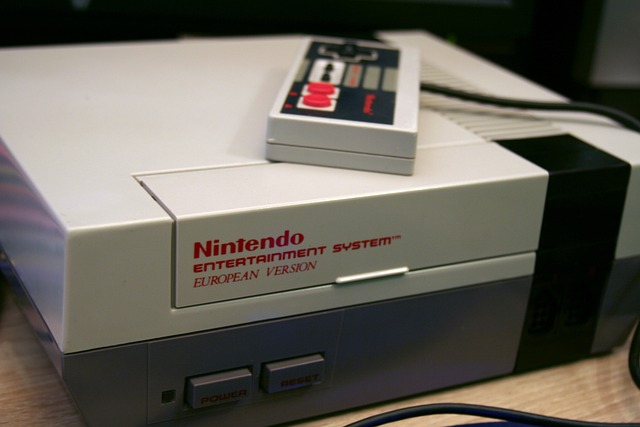Nintendo recently expressed its apprehension regarding the presence of Dolphin Emulator on the Steam platform. In this article, we delve into Nintendo’s concerns, exploring how they believe the emulator impacts game development and stifles innovation in the gaming industry.
Introduction:
Nintendo, one of the leading names in the gaming industry, has voiced its concerns about the availability of Dolphin Emulator on the popular gaming platform, Steam. The Dolphin Emulator allows users to play Nintendo GameCube and Wii games on various platforms, including PC. While some gaming enthusiasts embrace the emulation community for preserving gaming history, Nintendo takes a different stance. In this article, we will explore Nintendo’s perspective, shedding light on why they believe the Dolphin Emulator harms development and ultimately stifles innovation.
The Nature of Emulation:
Emulation refers to the process of recreating a gaming console’s software and hardware on another device, enabling it to run games designed for the original system. While emulation has its benefits, such as preserving gaming history and making older titles accessible to a wider audience, Nintendo asserts that it poses significant challenges to the gaming industry.
The Impact on Development:
Nintendo argues that the presence of Dolphin Emulator on Steam has detrimental effects on game development. Emulation allows users to play Nintendo’s copyrighted games without purchasing the original copies. As a result, Nintendo believes that potential customers may opt for the emulator instead of buying official versions of their games. This impacts Nintendo’s revenue and reduces their ability to invest in new game development, resulting in a potential decline in the creation of innovative gaming experiences.
Intellectual Property Concerns:
From Nintendo’s perspective, the availability of Dolphin Emulator raises concerns related to intellectual property rights. Emulators can make unauthorized copies of copyrighted games accessible to a wider audience, leading to potential copyright infringement. Nintendo, like other game developers, invests significant resources in creating and protecting their intellectual property. Emulators blur the line between fair use and piracy, which poses challenges for the gaming industry as a whole.
The Potential for Exploitation:
Nintendo expresses concerns about the potential for the Dolphin Emulator to be exploited for illicit purposes. Emulators, by their nature, can be modified and manipulated. Nintendo fears that unauthorized modifications to the emulator could facilitate cheating, hacking, or the introduction of malicious code into games. Such exploits not only harm the gaming experience but also tarnish the reputation of the gaming industry.
Stifling Innovation:
Nintendo argues that the widespread availability of emulators may discourage game developers from taking risks and investing in innovative projects. If gamers can access older Nintendo titles for free through emulators, developers may hesitate to invest in remakes, remasters, or new titles for these older consoles. This, in turn, limits the potential for innovation and creative exploration within the gaming industry.
Conclusion:
Nintendo’s concerns about the Dolphin Emulator on the Steam platform revolve around the impact on game development and innovation. While some gamers appreciate emulators for their ability to preserve gaming history, Nintendo believes that their presence harms revenue, compromises intellectual property rights, and creates a potential for exploitation. As the gaming industry continues to evolve, striking a balance between emulation enthusiasts and game developers’ concerns will be crucial for fostering innovation while respecting intellectual property rights.












